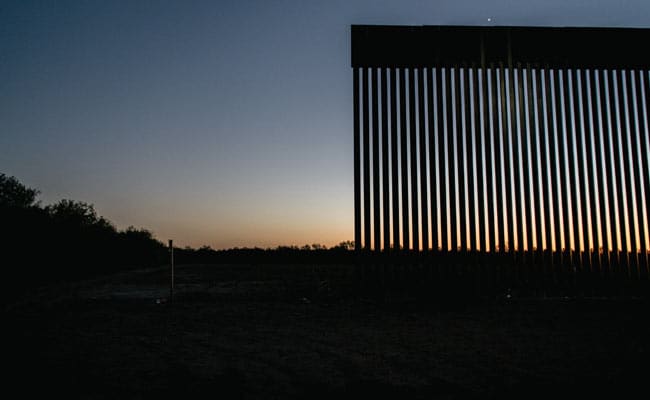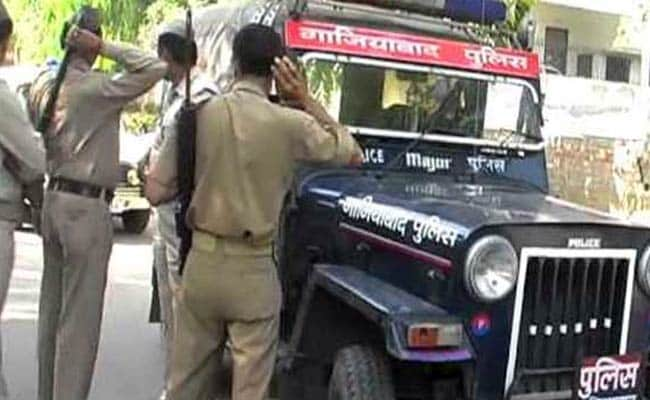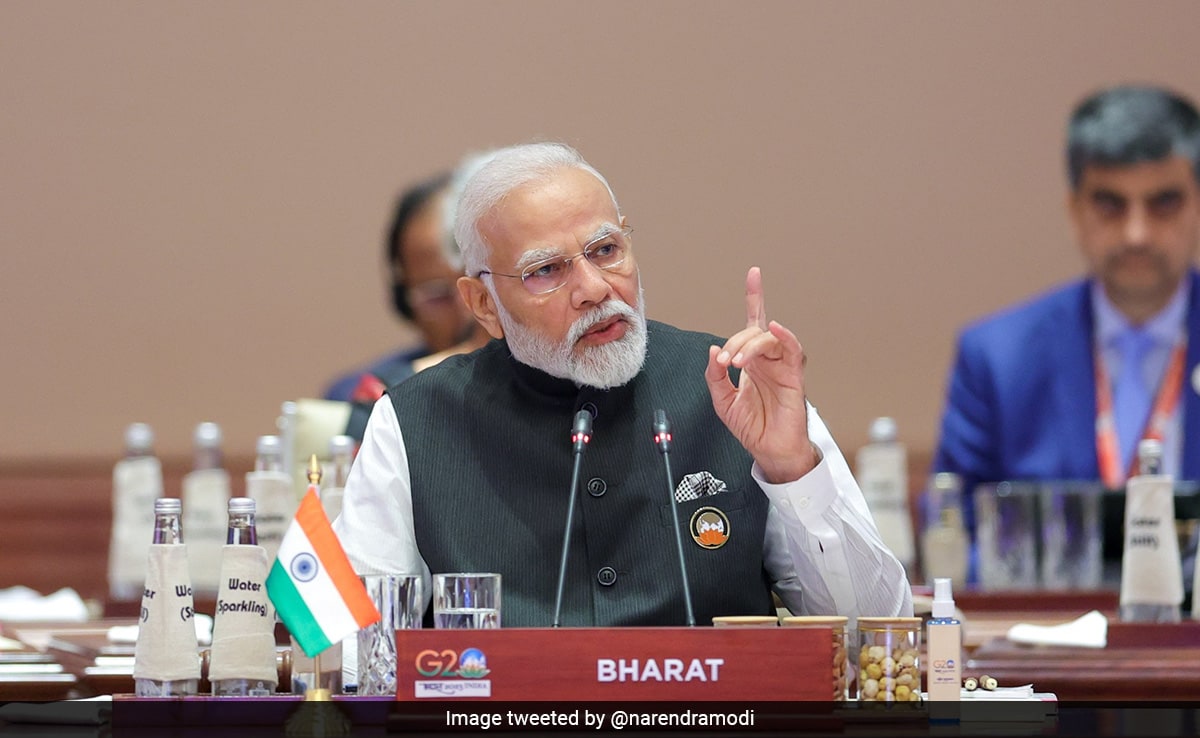The proposed India-Middle-East-Europe Corridor, which is seen by many as a rival to China’s Belt And Road Project, will be substantially different, Railway Minister Ashwini Vaishnaw told NDTV today. Compared to the Chinese project that has pitched some of its host nations into a debt trap, the G20 project will bring in revenue and be bankable, he told NDTV in an exclusive interview.
“PM’s vision of taking everyone along is important part of this corridor… PM’s vision of sabka saath sabka vikas is very clearly ingrained in this one from conception,” the minister said.
Ever since it was announced, the US-backed project, dubbed by many as the new Spice Route, has been seen as a counterweight to China’s ambitious Belt And Road Initiative that aimed to roughly revive the ancient Silk route.
But 10 years down the line, the European nations are doubtful. The only G7 nation to sign up for it, Italy, is likely to drop out, reports say. And there are increasing murmurs about the debt trap the host countries are facing.
Mr Vaishnaw said the BRI came with lots of conditions. In case of this project, which will be partially a shipping corridor and the rest railway, each country can decide on the basis of its needs, he said.
The project will be so bankable that several multilateral institutions are willing to fund it. “Transportation will bring so much revenue that it will be able to pay on its own without getting the host country into a debt trap,” he added.
The proposed G20 project, announced on the sidelines of the meet, will link railways, ports, electricity and data networks and hydrogen pipelines.
The project will link railway and port facilities across the Middle East — including the United Arab Emirates, Saudi Arabia, Jordan and Israel – bypassing Suez canal and potentially speeding trade between India and Europe by up to 40 per cent.

















